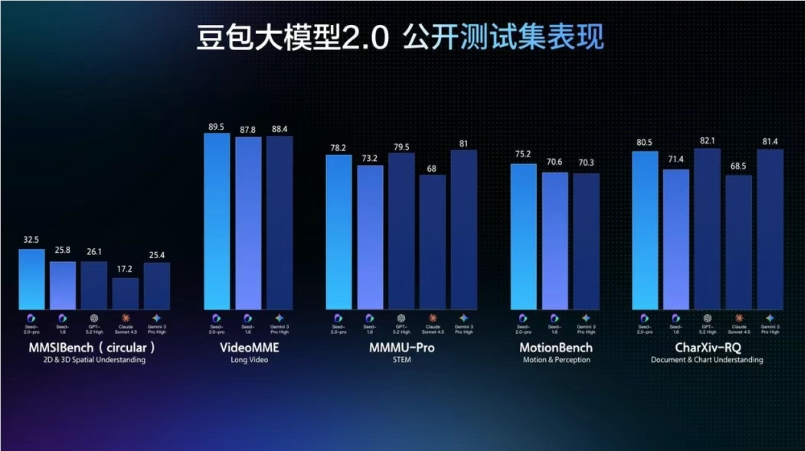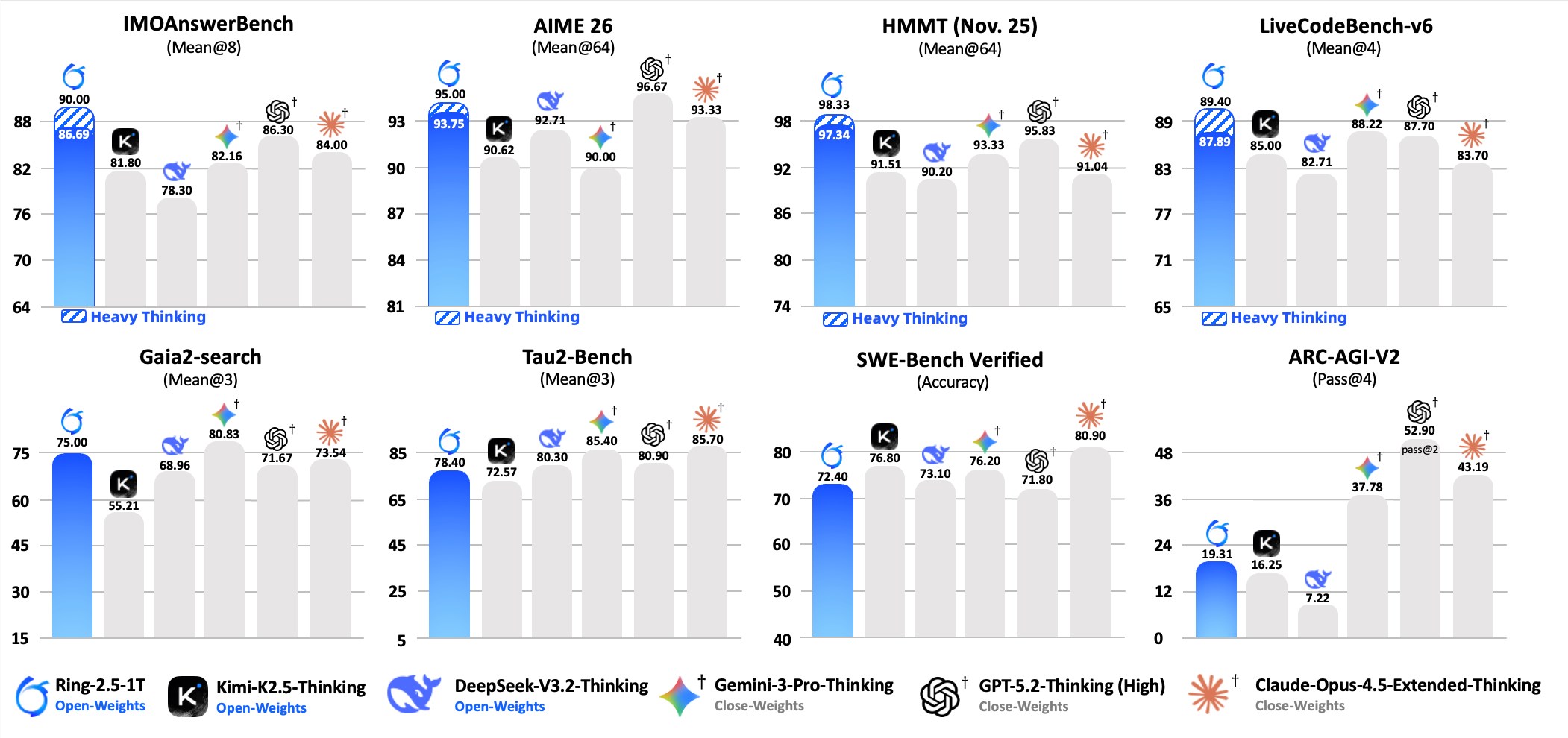AI Model Aurora Outperforms Traditional Hurricane Forecasts
A groundbreaking artificial intelligence system called Aurora is transforming how scientists predict hurricanes and other weather phenomena. Developed through a collaboration between Microsoft, the University of Pennsylvania, and other institutions, this machine learning model has demonstrated remarkable capabilities that outshine conventional forecasting methods.

Image Source Note: Image generated by AI, licensed by MidJourney.
Unlike traditional weather models that rely on complex physical equations, Aurora takes a radically different approach. "It's essentially a massive neural network that learns from historical geophysical data to predict complex physical processes," explains Paris Perdikaris, associate professor at the University of Pennsylvania and co-developer of the system. This data-driven method allows Aurora to make predictions without being constrained by conventional physics-based limitations.
The model's training was both extensive and efficient. Researchers fed it more than one million hours of diverse geophysical data during pre-training, followed by a remarkably short fine-tuning period of just four to eight weeks. Compare this to traditional dynamical models that often require years of development cycles involving large teams of experts.
Aurora's performance metrics are impressive. During testing, it accurately predicted every hurricane in 2023 while consistently outperforming official meteorological forecasting centers. In five-day tropical cyclone trajectory predictions from 2022-2023, it surpassed seven operational forecast centers. Perhaps most remarkably, it exceeded accuracy targets for 92% of ten-day global weather forecasts.
What makes Aurora particularly valuable is its versatility as a foundational model. Beyond hurricane tracking, researchers highlight its potential applications in:
- Air quality monitoring
- Ocean wave dynamics
- Environmental extreme event prediction
- High-resolution weather modeling
The emergence of systems like Aurora signals a potential paradigm shift in Earth system forecasting. As these AI models continue to evolve, they promise not just greater accuracy but also significant cost reductions compared to traditional supercomputer-based approaches.
Another promising system called Aardvark demonstrates similar potential. This machine learning weather prediction tool can run on desktop computers equipped with NVIDIA GPUs while still delivering ten-day forecasts at computational costs far below conventional methods.
Could this mark the beginning of a new era in weather prediction? With climate change increasing the frequency and intensity of extreme weather events, the need for accurate, timely forecasts has never been greater. AI-powered systems like Aurora may hold the key to meeting these challenges head-on.
Key Points
- Aurora predicts hurricane trajectories more accurately than official agencies while being faster and cheaper
- The model trained on over one million hours of data with fine-tuning completed in weeks
- Applications extend beyond weather to air quality, ocean dynamics, and environmental extremes
- Similar systems like Aardvark show potential for desktop-level weather forecasting


